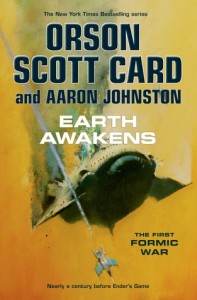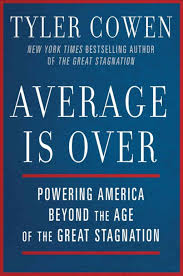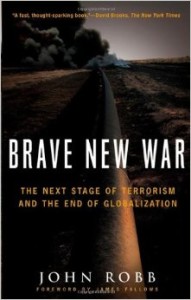Earth Awakens: The First Formic War
by Orson Scott Card and Aaron Johnston, 2014
The third book about the First Formic War, which pre-dates the war the kids fight in Ender’s Game. I wrote about the second book here. This book follows the efforts of our heroes to destroy the invading alien ship and save humanity. It succumbs to the tried and true method of killing all the secondary characters in predictable ways while the heroes survive ridiculous encounters repeatedly. There is one exception to that, as one main character does die of radiation poisoning toward the end of the book.
This book was more great action from Card and Johnston. It is the 18th book written or co-written by Card that I have read. While I initially expected the First Formic War books to be a trilogy, there is a cliff-hanger at the end of this book that suggests there is more to come.





